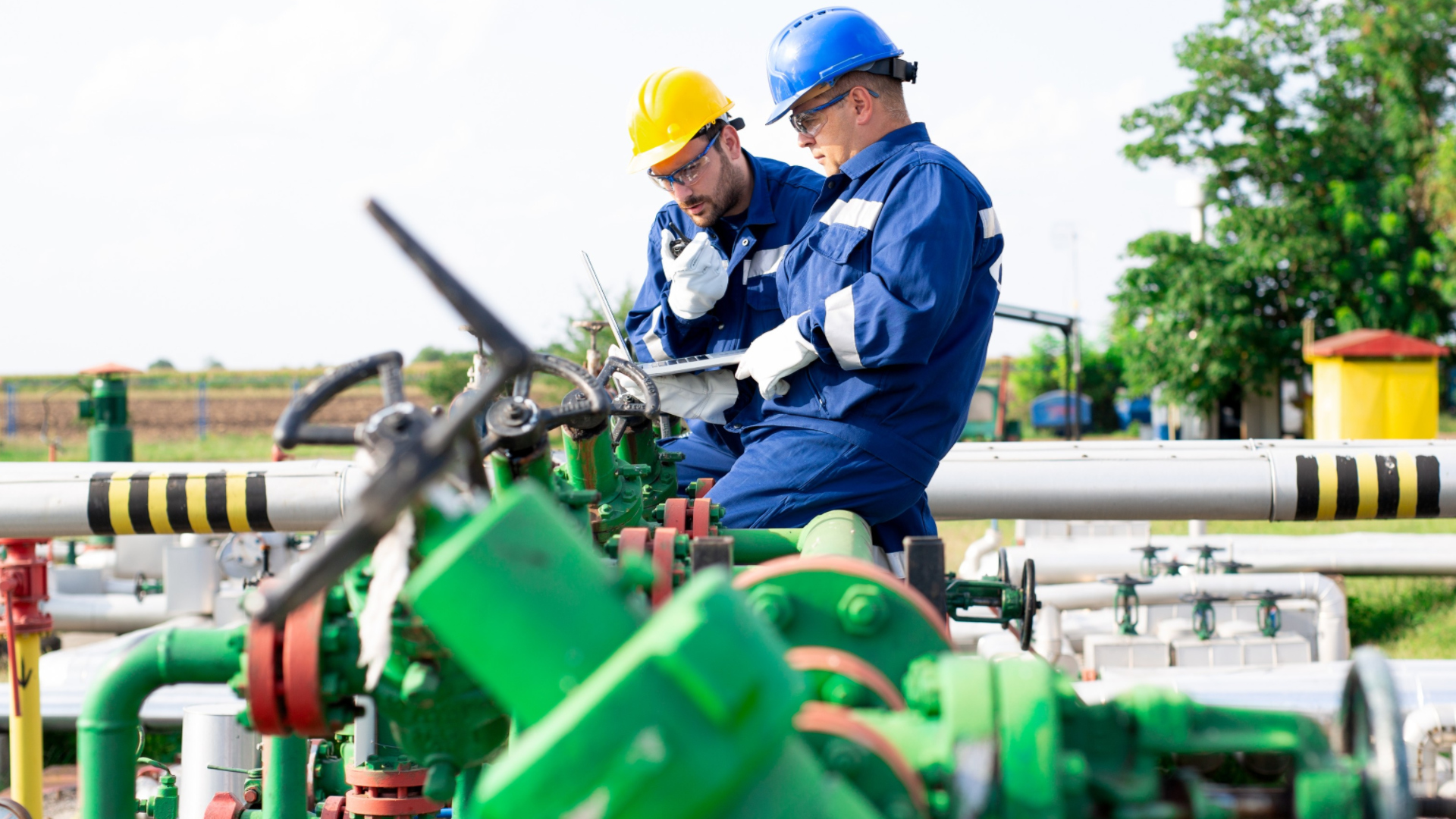Hydroelectric Plant Technicians
Hydroelectric Mechanic, Hydroelectric Operations and Maintenance Technician (Hydro O and M Technician), Operations and Maintenance Technician (O and M Technician), Power Plant Mechanic
What they do:
Monitor and control activities associated with hydropower generation. Operate plant equipment, such as turbines, pumps, valves, gates, fans, electric control boards, and battery banks. Monitor equipment operation and performance and make necessary adjustments to ensure optimal performance. Perform equipment maintenance and repair as necessary.
On the job, you would:
- Operate high voltage switches or related devices in hydropower stations.
- Identify or address malfunctions of hydroelectric plant operational equipment, such as generators, transformers, or turbines.
- Inspect water-powered electric generators or auxiliary equipment in hydroelectric plants to verify proper operation or to determine maintenance or repair needs.
Knowledge
Engineering and Technology
- mechanical
- product and service development
Math and Science
- arithmetic, algebra, geometry, calculus, or statistics
- physics
Safety and Government
- public safety and security
Arts and Humanities
- English language
Skills
Basic Skills
- thinking about the pros and cons of different ways to solve a problem
- keeping track of how well people and/or groups are doing in order to make improvements
Problem Solving
- noticing a problem and figuring out the best way to solve it
Abilities
Ideas and Logic
- notice when problems happen
- make general rules or come up with answers from lots of detailed information
Verbal
- listen and understand what people say
- communicate by speaking
Hand and Finger Use
- hold or move items with your hands
- put together small parts with your fingers
Attention
- pay attention to something without being distracted
Personality
People interested in this work like activities that include practical, hands-on problems and solutions.
They do well at jobs that need:
- Dependability
- Attention to Detail
- Integrity
- Analytical Thinking
- Independence
- Self Control
Technology
You might use software like this on the job:
Electronic mail software
- IBM Lotus Notes
- Microsoft Outlook
Industrial control software
- Distributed control system DCS
- Supervisory control and data acquisition SCADA software
Spreadsheet software
- Microsoft Excel
Education
Education: (rated 3 of 5)
certificate after high school or
high school diploma/GED
usually needed
high school diploma/GED
usually needed
Get started on your career:
Find Training
Apprenticeship.gov
Job Outlook
Below Average
New job opportunities are less likely in the future.
Explore More
- Geothermal Technicians
- Hydroelectric Production Managers
- Power Plant Operators
- Stationary Engineers & Boiler Operators
- Wind Turbine Service Technicians
You might like a career in one of these industries:
See more details at O*NET OnLine about hydroelectric plant technicians.





